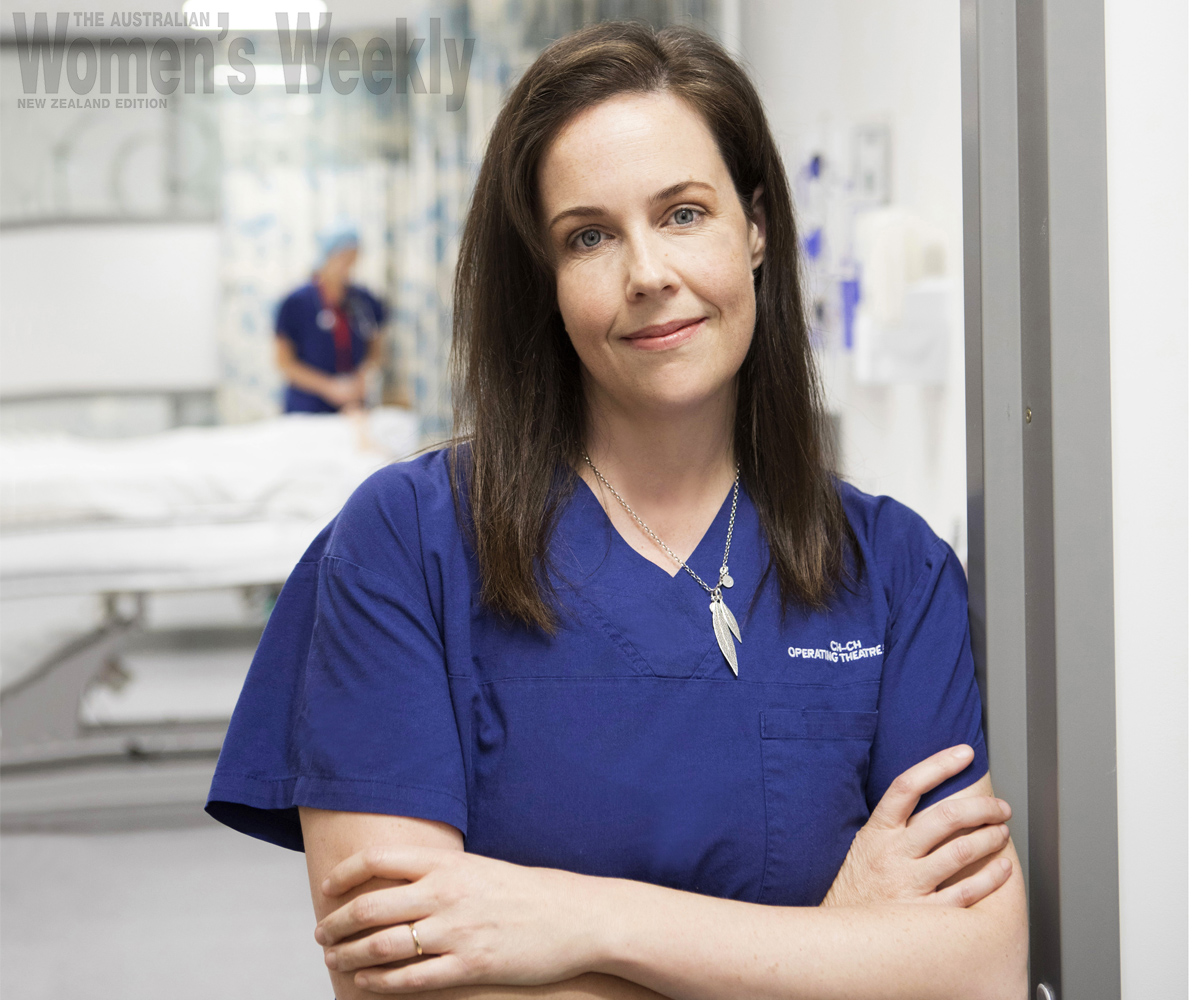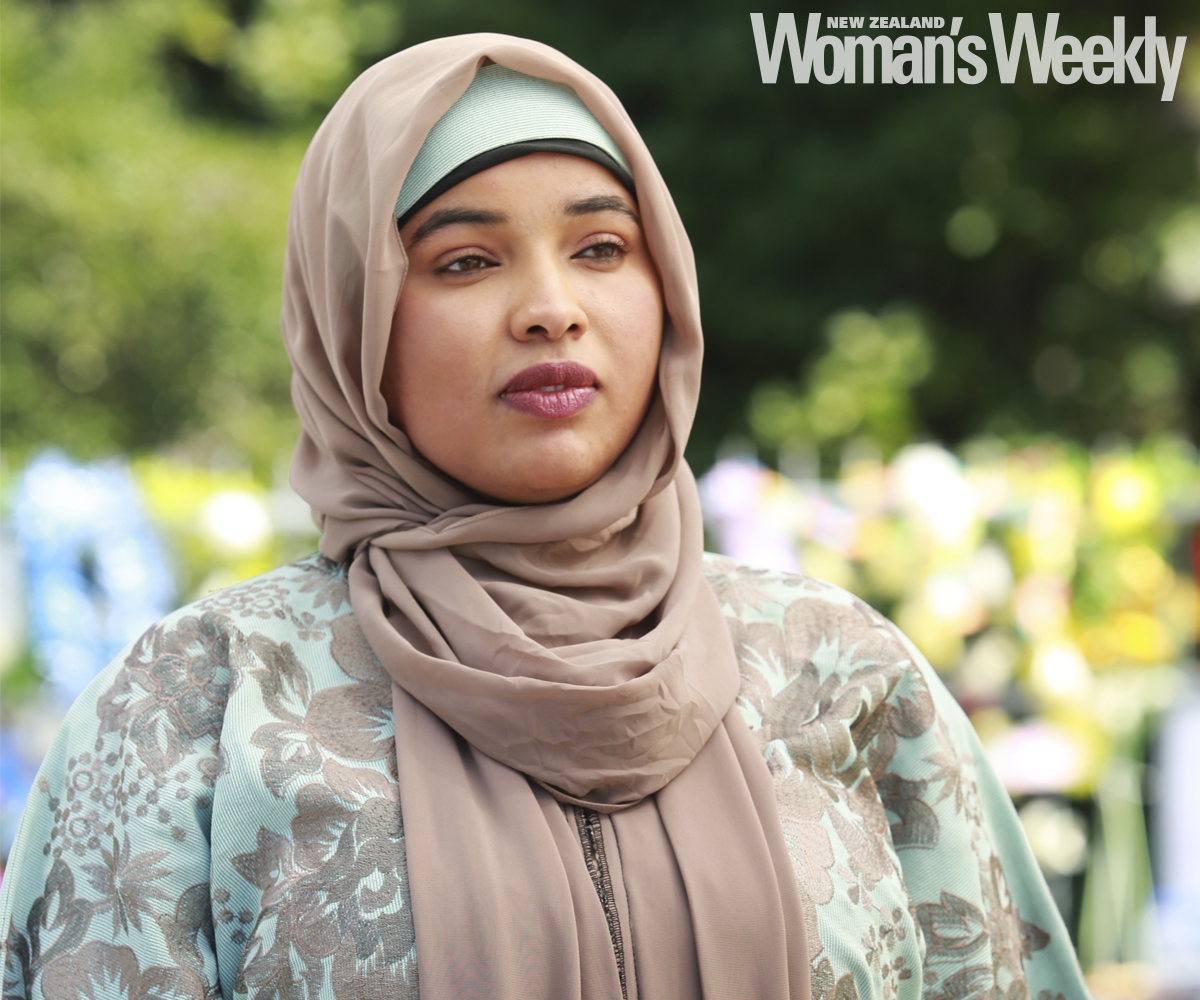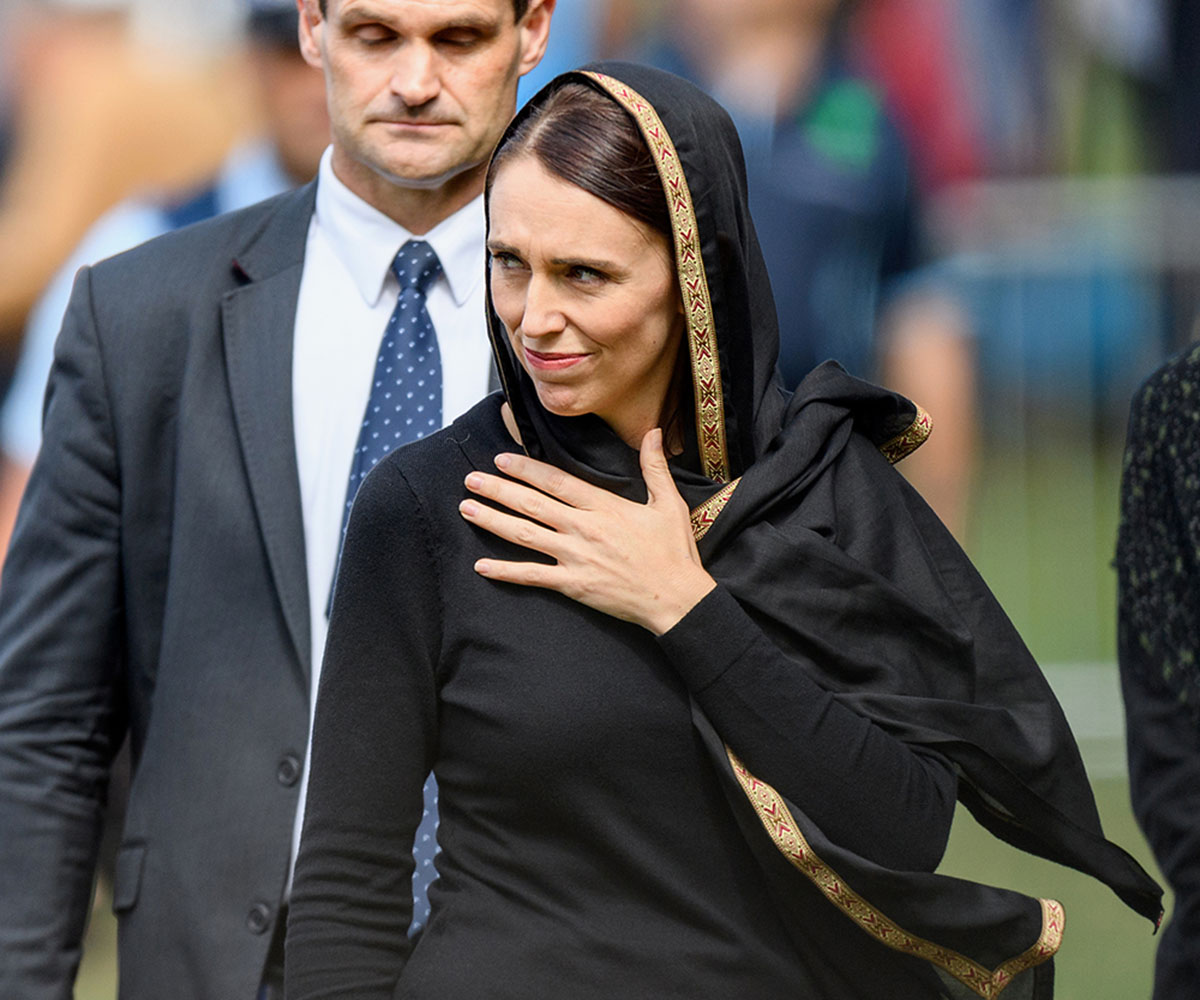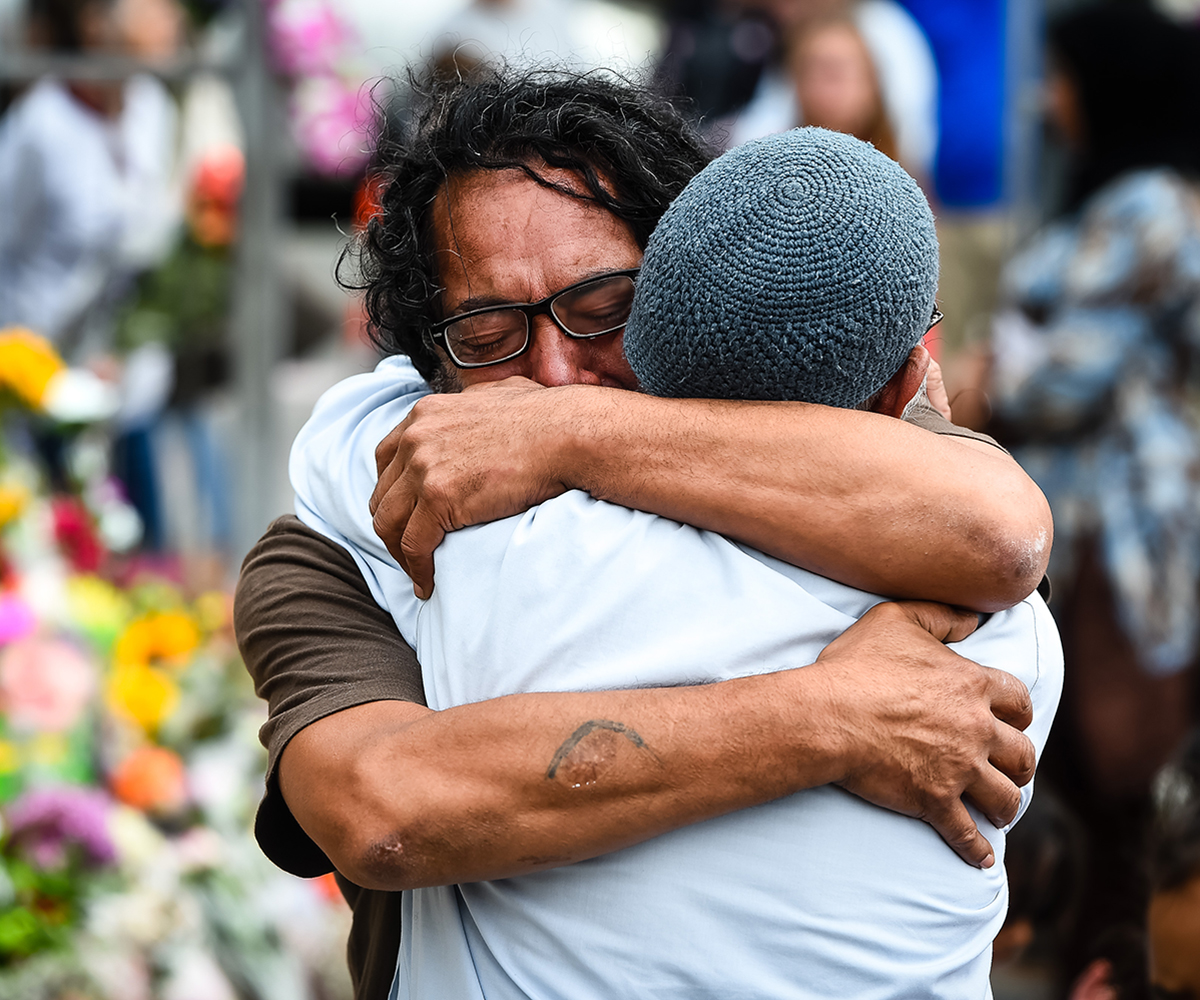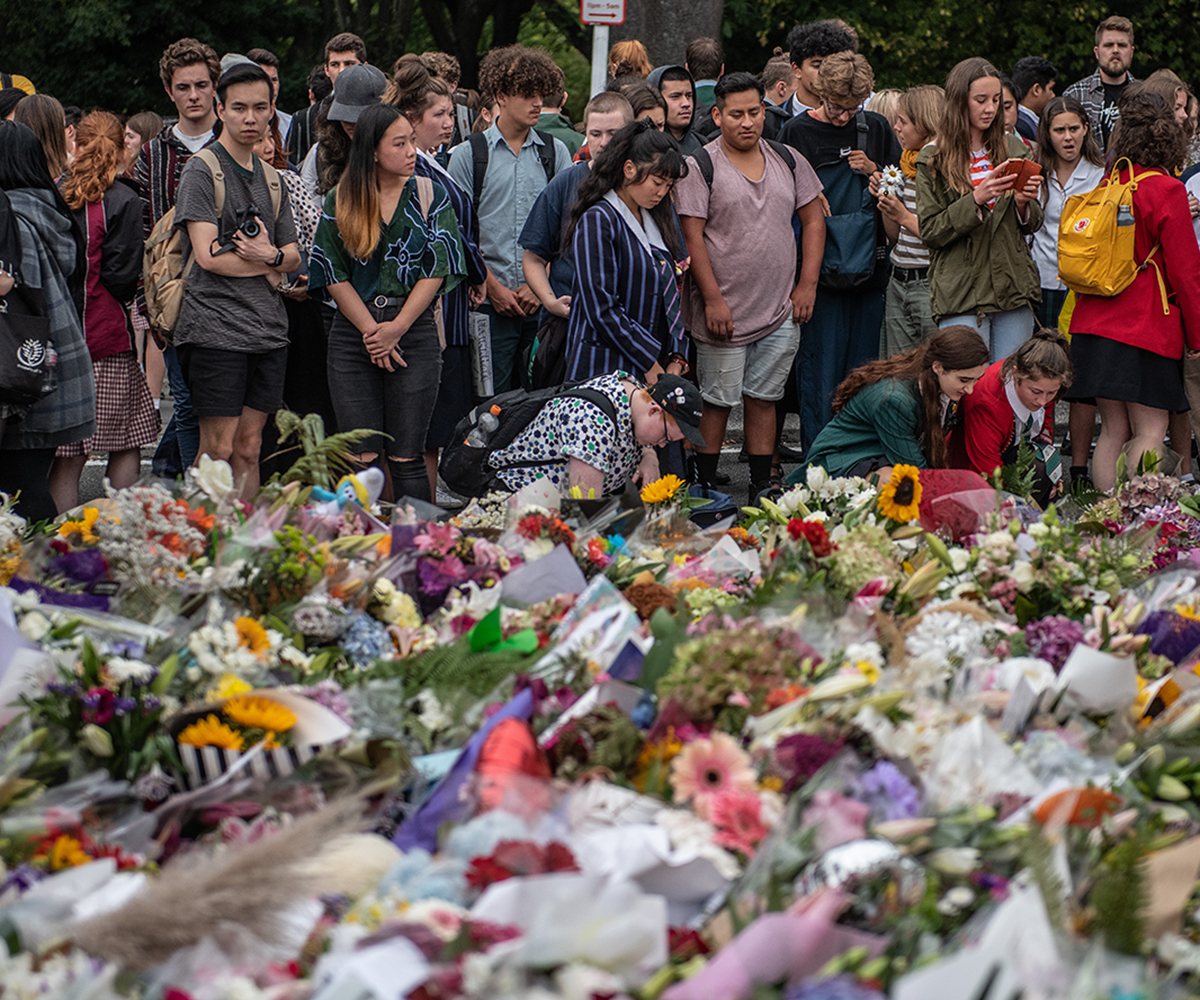On the sideboard in Hayley Waller’s hallway sits a bright orange card. The hand-made thank you from her son stands proudly amongst treasured family photos.
Written inside, “Dear Mummy. Thank you for doing your best in the attack. I’m really happy now. Thank you for keeping me safe. Love from Finn.”
Hayley’s eight-year-old son may not fully comprehend the horror that occurred on March 15 in his home town of Christchurch but he does know that his mum saved lives that day.
“I think they are proud,” Hayley says, smiling at her boys – Finn and his five-year-old brother Arlo – in the room next door.
“They knew something had happened. Finn understood that a whole lot of people had been killed so we did have to talk about it – obviously not in too much detail, but you have to be honest with them as well.”
That Friday started as a regular day at work for consultant general surgeon Hayley. A morning of endoscopies was followed by a class with fourth-year medical students, teaching them about the endocrine system.
She had also been looking forward to celebrating her husband Ryan’s 40th birthday that night.
But the events that followed changed all of that.
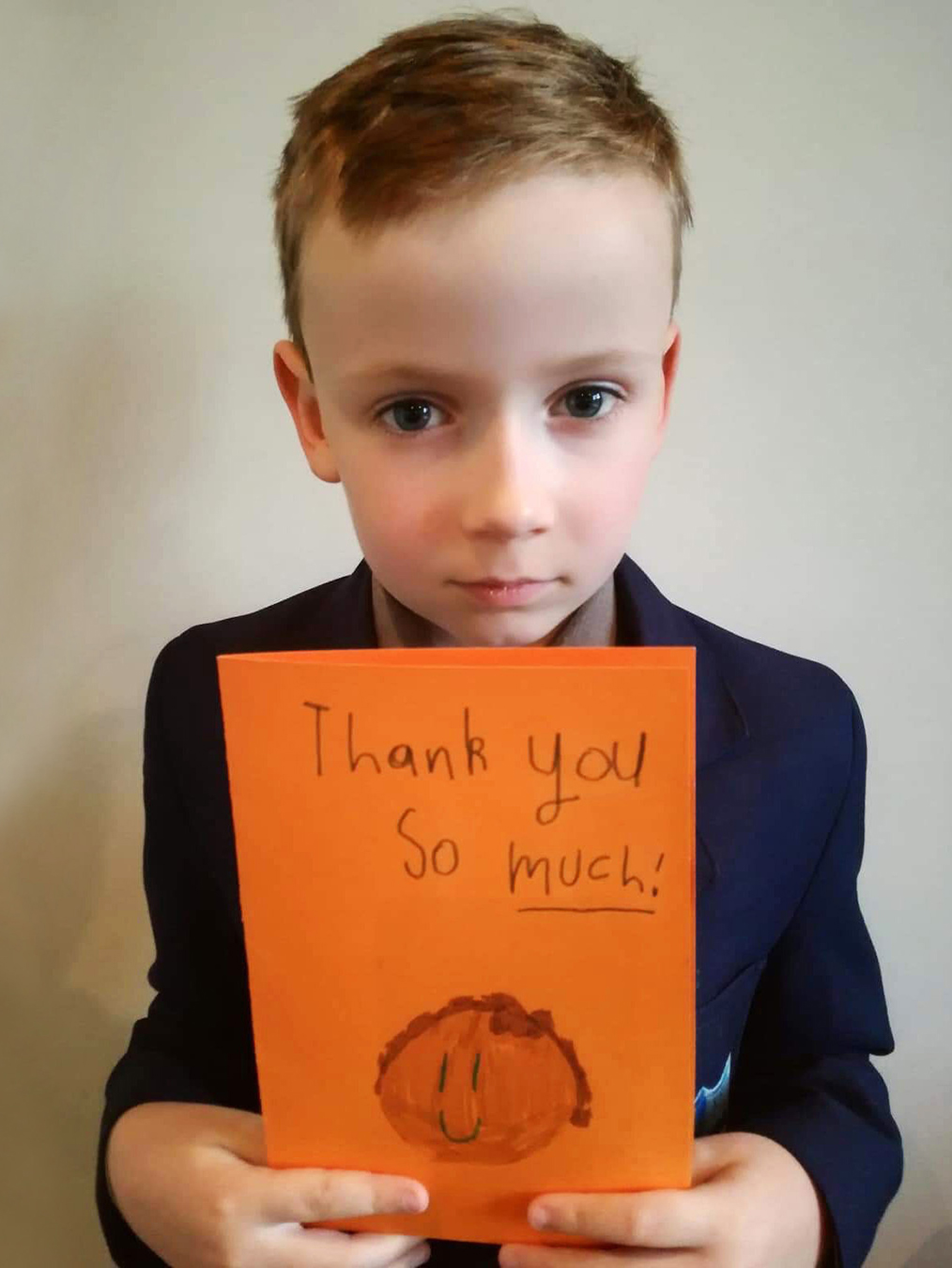
Eight-year-old Finn with the card he made to thank his mother for the work she did after the attacks.
Less than 2km away, a man entered Al Noor Mosque on Deans Avenue, opening fire on more than 300 Muslims attending Friday prayers.
The shooter then drove to the Linwood Islamic Centre across town, killing in total 51 men, women and children during their time of worship.
Prime Minister Jacinda Ardern described it as “one of New Zealand’s darkest days” and like many Kiwis, Hayley never thought it would be something she would ever see in her lifetime.
“I think one of my first thoughts was that I couldn’t believe this is happening in our country.
“When I walked into the Emergency Department and took stock of what was going on, it was really surreal… just the senselessness and cruelty of it, that this was done to a group of people that are so kind and gentle, in a place where they should be safe.”
Hayley admits that following the initiation of the hospital lockdown she didn’t know exactly what was happening, other than that there was an active shooter situation and 40-50 victims were expected any minute.
“I definitely couldn’t check the news, we just sort of found out what was going on from our colleagues and what they had heard.
“I didn’t even know about the whole livestream until I got home and saw the news, so I had no real idea about what was going on in the outside world.”
Instinctively, she ran to change out of her heels and into scrubs, knowing she would be needed. Within 15 minutes of the attack, critically injured victims began arriving at the hospital, with 33 going straight into theatre for surgery.
Hayley was in one of the 12 operating theatres, where she worked for three hours to stabilise two patients.
She explains that all surgeons in Australasia are trained in trauma and the management of patients in critical condition.
“There is a defined set of goals with that sort of situation. Stopping bleeding so a patient can be stabilised; minimising contamination, so sewing up holes in the bowel or stomach; and removing damaged organs,” she says.
“They may need further operations to fix everything but really that initial treatment is about stabilising them.”
The Canterbury District Health Board commented that while an event like this overseas would have been dealt with across several hospitals, all those needing treatment were brought to Christchurch Hospital.
Teams at the hospital used 180 units of blood in just a few hours following the incident and of the 49 injured people who arrived at ED, all but two have survived.
“It all happened so quickly, that’s the thing I can’t get my head around,” says Hayley.
“ED was cleared of shooting victims within three and half hours, which is just astounding.”

After responding systematically at work, as she has been trained to do, Hayley felt the emotional impact of the attacks the next day.
During our interview, Hayley struggles to find the words to describe what she saw that day.
“Overwhelming” and “surreal” are repeated whenever she attempts to recount walking into the emergency department to be confronted by so many critically injured patients.
“It’s quite hard to remember a lot of detail because it was just happening, but there were doctors and patients everywhere. Often when you deal with victims of trauma the ambulance officers can give you a lot of information and you get some idea of what’s gone on but this was literally ‘this is a patient, they have been shot and this is where their injuries are’.
“I have never dealt with any gunshot wounds and I have never dealt with anything on that scale before. The closest I can think of was a bus crash where we had 20 people come in but the majority didn’t have any major injuries.”
As she attempts to describe her feelings now, the emotions start to show. Her eyes well and she chokes up.
While her training enables her to cope with the catastrophic nature of the injuries she dealt with on the day, she admits that no one is immune to the impact an event like that can have.
“I can’t say that you can completely detach yourself as a surgeon because we are humans and we are caring and that’s why we end up doing the job that we do,” she says.
“We are trained to be very systematic about how we deal with problems so we can become very compartmentalised in the way we think and you do the job that you have to do.”

Tributes left by the Botanic Gardens in Christchurch showed New Zealanders’ support for the Muslim community.
But in the quiet moments, she says, the emotions come rushing in.
The impact of what she had seen and been through hit her the following day on the way home from work. After a sleepless night spent replaying the day in her mind, the sight of people going to lay flowers along the fence of the Botanic Gardens brought everything to the surface.
“I saw people going to the gardens with flowers when suddenly I was just overcome and I thought, ‘I’m going to cry.’ I thought, people care about what’s happened to this community. These are our neighbours, the parents from school, the people who run the store, our doctors; they are all a part of our community.”
She has suffered from emotional stress in the weeks following the shooting, and feels for Christchurch being hit hard by a second tragedy, following 2011’s devastating earthquake.
“It’s another blow to the people of Christchurch, who have dealt with so much. It has probably brought up a lot of emotions from that time as well. I think the victims are strong but the emotional scars will take a long time to recover from.
“It has also put a lot of strain on the hospital as a whole and on the community. I think Christchurch has had its share of terrible things happen.”
But having the support of her community within the hospital, and New Zealand as a whole, has been comforting, she says.
Hayley is proud, too, of the government’s swift response, in particular how Prime Minister Jacinda Ardern has handled the tragedy.
“I think the gun law reform is definitely the right way to go. Those guns and ammo are designed to maim and kill – they don’t really have any other purpose, so we don’t need them.
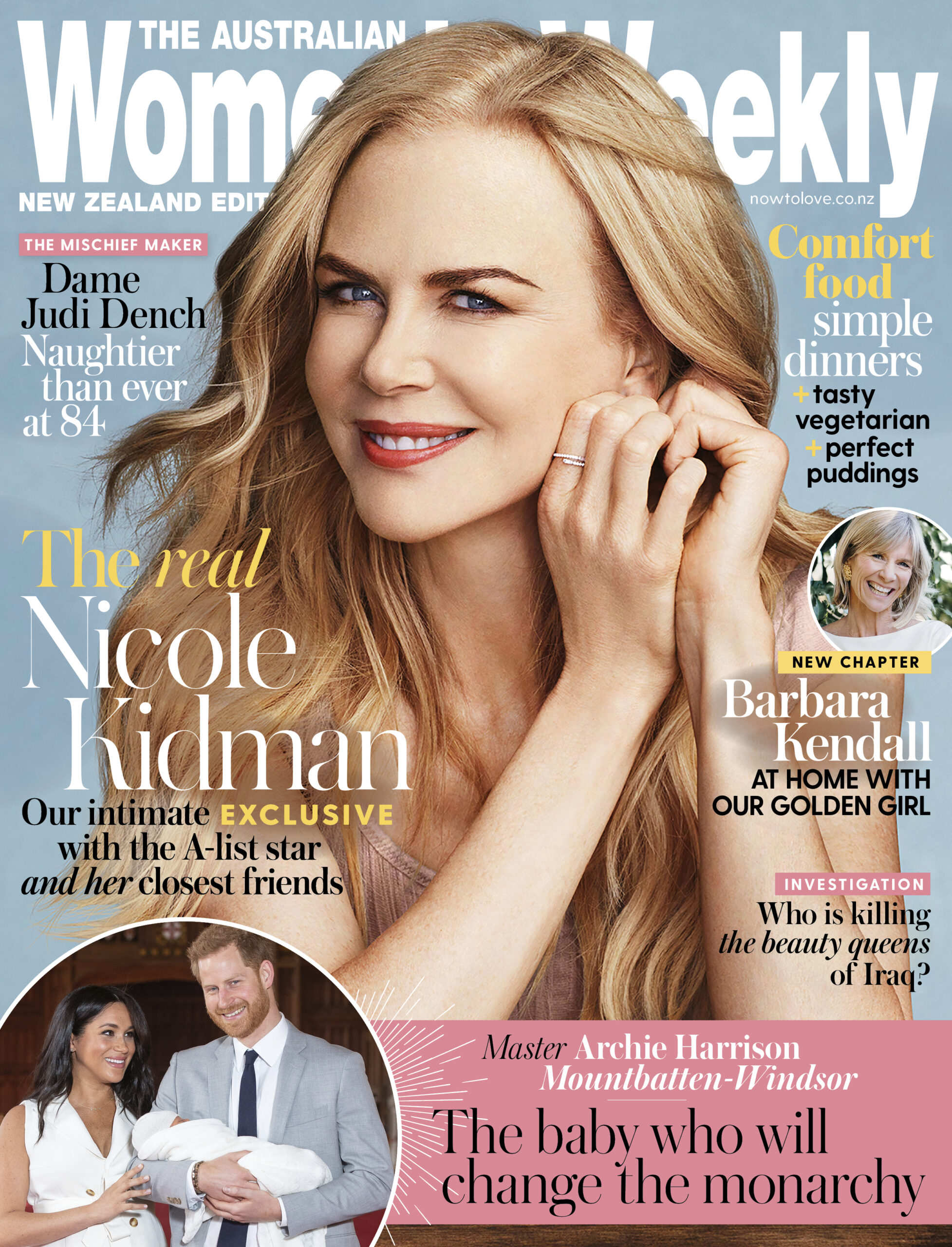
For more great stories pick up the latest issue of The Australian Women’s Weekly, on sale now.
